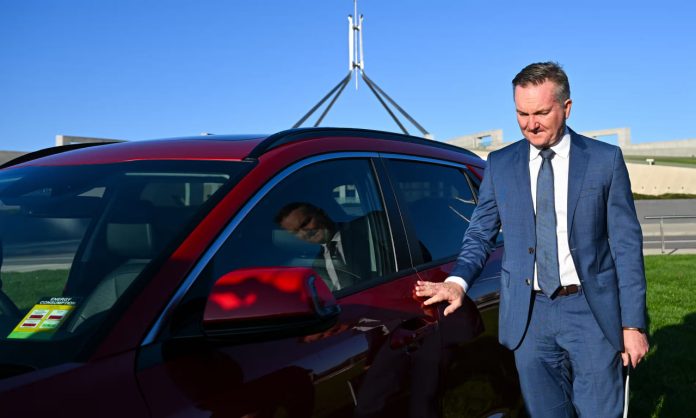According to Oxford Economics, Australia’s carbon dioxide emissions are not declining fast enough to meet its climate target by 2030, as renewable energy adoption is taking longer than originally expected, Bloomberg notes.
In its analysis on 18 March, Oxford stated that Australia might not meet the target in a couple of years, while the country aimed to achieve emissions levels of 43% lower than 2005 rates by 2030. Kristian Kolding, head of consulting for Oxford Economics Australia, claimed:
“The roll-out of renewable energy is taking longer than expected. But more worrying is the fact that we don’t currently see a path to meaningfully decarbonising hard-to-abate industrial sectors and electrifying the vehicle fleet will take decades.”
In 2023, the world experienced the hottest year on record, exacerbating the need for countries to meet their emissions targets to decelerate climate change. Australia, one of the world’s largest per capita emitters, has legislated its commitment to achieve zero emissions by 2050.
Credible paths to net zero do exist. Technological advancements and policy initiatives are steering the forecast in that direction, but the cost of transition will be high, and we’re yet to see who is willing to pay.
Oxford pointed out that the country would avoid a technical recession due to “strong population growth.” According to Sean Langcake, head of macroeconomic forecasting for Oxford Economics Australia, both fiscal and monetary policy were at or near the peak of the strain they would place on the economy in the cycle. Langcake did not expect the Reserve Bank of Australia (RBA) to start cutting interest rates until the final three months of 2024, as services inflation remained resilient.
“The next part of the disinflation cycle will be tougher. The ‘easy wins’ from supply chain improvements have already been realised.”
The RBA is expected to leave the rate unchanged at a 12-year high of 4.35% when it will announce its decision on 19 March.
